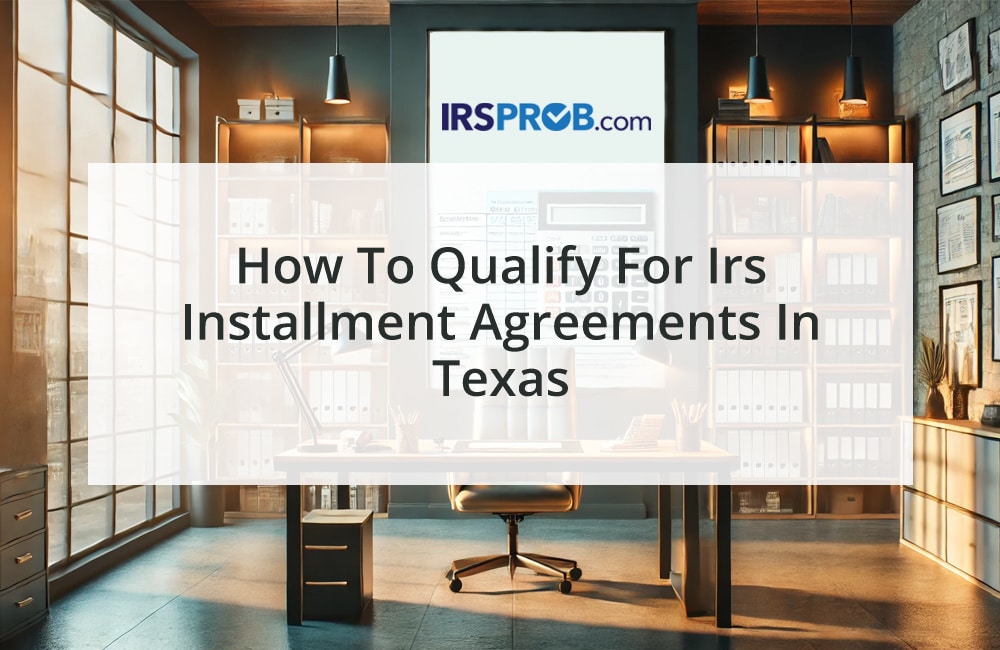[vc_row][vc_column][vc_column_text]
If you own an unincorporated business, you likely pay at least three different federal taxes. You must also pay Social Security and Medicare taxes.
Self-employment taxes are not insubstantial. Many business owners pay more in self-employment taxes than in income tax. The self-employment tax consists of
· a 12.4 percent Social Security tax up to an annual income ceiling ($147,000 for 2022) and
· a 2.9 percent Medicare tax on all self-employment income.
These amount to a 15.3 percent tax, up to the $147,000 Social Security tax ceiling. If your self-employment income is more than $200,000 if you’re single or $250,000 if you’re married filing jointly, you must pay a 0.9 percent additional Medicare tax on self-employment income over the applicable threshold for a total 3.8 percent Medicare tax.
You pay the self-employment tax if you earn income from a business you own as a sole proprietor or single-member LLC, or co-own as a general partner in a partnership, an LLC member, or a partner in any other business entity taxed as a partnership.
You don’t pay self-employment tax on personal investment income or hobby income.
The tax code bases your self-employment tax on 92.35 percent of your net business income. That means your business deductions are doubly valuable since they reduce both income and self-employment taxes. Personal itemized deductions and “above-the-line” adjustments to income don’t decrease your self-employment tax.
Some types of income are not subject to self-employment tax at all, including
· most rental income,
· most dividend and interest income,
· gain or loss from sales and dispositions of business property, and
· S corporation distributions to shareholders.
You calculate your self-employment taxes on IRS Form SE and pay them with your income taxes, including your quarterly estimated taxes.[/vc_column_text][us_image image=”3871″][/vc_column][/vc_row]








